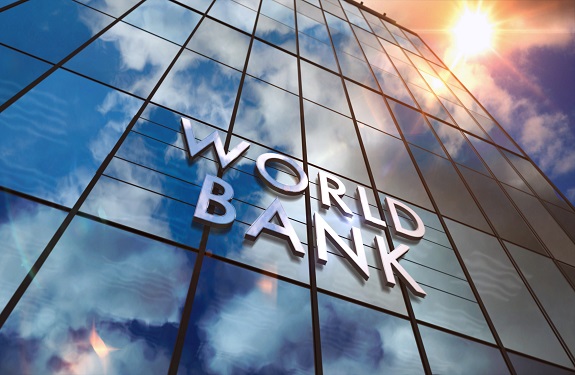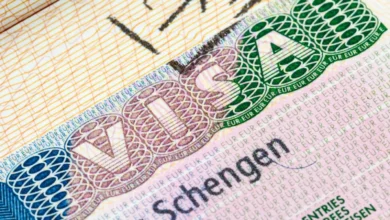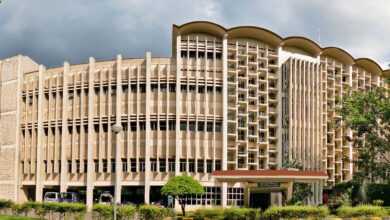Steepest slowdown since 1970: ‘World could face the worst recession in 2023,’ warns World Bank
From US to Europe and Asia, several indicators of global recession are already "flashing signs” and the global economy is now in its steepest slowdown since 1970.

A new study by the World Bank has revealed that with the central banks across the world simultaneously hiking interest rates in response to inflation, the world may be edging toward a global recession in 2023 and a string of financial crises in emerging markets and developing economies that would do them lasting harm.
The report said that the central banks around the world have been raising interest rates this year with a degree of synchronicity not seen over the past five decades, a trend that is likely to continue well into next year, according to news agency ANI report.
According to the report, several indicators of global recession are already “flashing signs” and the global economy is now in its steepest slowdown since 1970.
As for global interest rate hikes by central banks, they could reach 4% just to keep core inflation under check.
India’s retail inflation rose 7% in August on the back of higher food prices, compared to a 6.71% rise in July, according to official data. Consumer inflation has remained above the central bank’s limit of 4% (+/-2%) for the eighth straight month.
“Global growth is slowing sharply, with further slowing likely as more countries fall into recession. My deep concern is that these trends will persist, with long-lasting consequences that are devastating for people in emerging market and developing economies,” World Bank president David Malpass said in a statement on Thursday.
It said a study found that “the world`s three largest economies – the US, China and the euro area – have been slowing sharply”.
Inflation, which is the rate at which prices rise, hit a 40-year-high in the US and the UK in recent months. This was driven by higher demand as pandemic restrictions eased, and as the war in Ukraine boosted energy, fuel and food prices.
In response, central bank policymakers have raised interest rates to cool demand from households and businesses. However, big rate hikes increase the risk of recession as it can cause an economy to slow, BBC reported.



